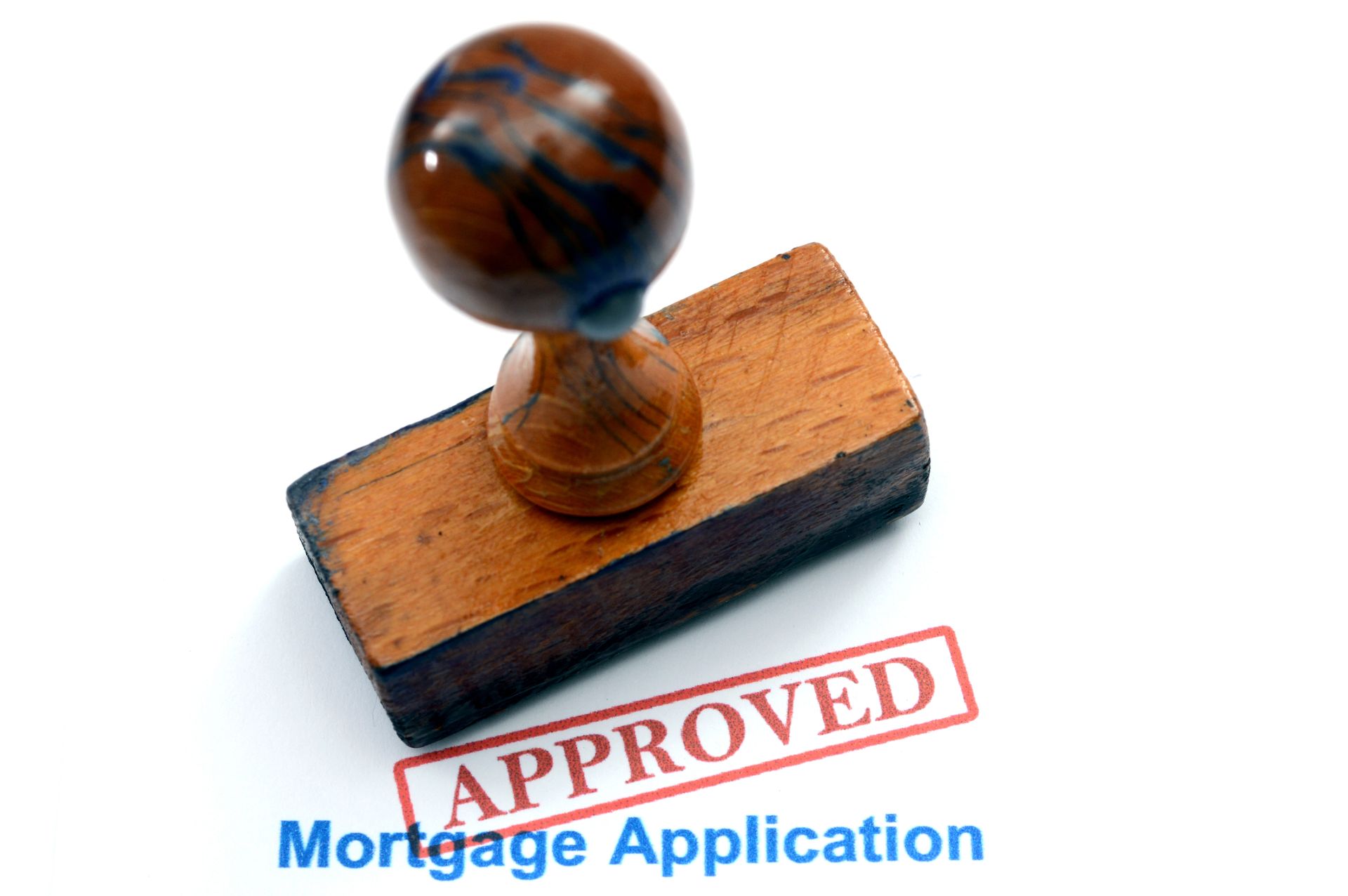Would a Co-Signer Enable You to Qualify for a Mortgage?

There seems to be some confusion about what it means to co-sign on a mortgage… and any time there is confusion about mortgages, it’s time to chat with Kelly Hudson, your trusted mortgage expert!!
Thanks to tighter mortgage qualification rules and higher-priced real estate - particularly in the greater Vancouver and Toronto areas - it is not easy to qualify for a mortgage on your own merits.
Let’s look at why you would want to have someone co-sign your mortgage and what you need to know before, during, and after the co-signing process.
The ‘stress test’ has been especially “stressful” for borrowers. As of Jan. 1, 2018, all homebuyers need to qualify at the rate negotiated for their mortgage contract PLUS 2% OR the government posted rate which varies (as of Oct. 2024 5.25%), which ever is higher.
If you have less than 20% down payment, you must purchase Mortgage Default Insurance and qualify at 5.25%.
- If you must qualify at a rate higher than what you are paying… then your money doesn’t go as far… and you qualify for a smaller mortgage.
In the wise words of Mom’s & Dad’s of Canada… “if you can’t afford to buy a home now, then WAIT until you can!!”
BUT wait… in some housing markets (especially Vancouver & Toronto), waiting it out could easily mean missing out, depending on how quickly property values are appreciating in the area you want to purchase.
If you can’t income qualify for a mortgage with your current provable income along with GREAT credit, your lender’s going to ask for a co-signer.
In order to give borrowers, the best mortgage rates, Lenders want the best borrowers!! They want someone who will pay their mortgage on time as promised with no hassles.
Co-sign vs Guarantor
Short version: The main difference between a guarantor and a co-signer is that the co-signer is a title holder and a guarantor is not. However, both individuals are responsible for mortgage payments being made to the lender.
- Someone can co-sign your mortgage and become a co-borrower, the same as a spouse or anyone else who you are buying the home with. It’s basically adding the support of another person’s income and credit history to those initially on the application. The co-signer will be put on the title of the home and lenders will consider them equally responsible for the debt should the mortgage go into default.
- Another option is a guarantor. If a co-signer decides to become a guarantor, then they’re backing the loan and essentially vouching for the person getting the loan that they’re going to be good for it. The guarantor is going to be responsible for the loan should the borrower go into default.
Most lenders prefer a co-signer going on title.
More than one person can co-sign a mortgage although it’s typically the parent(s) or a close relative of a borrower who steps up and is willing to put their neck, income, and credit bureau on the line.
Ultimately, if the lender is satisfied that all parties meet the qualification requirements and can lessen the risk of their investment, they’re likely to approve your mortgage.
Before signing on the dotted line
Short Version: A co-signer, in essence, co-owns the home with the individual living in it and paying the mortgage. A co-signer must sign all the mortgage documents and their name will appear on the title of the property. When you co-sign on a mortgage, you become just as responsible for the mortgage loan as the primary borrower — and you can suffer serious consequences if they make late payments or default.
Anyone that is willing to co-sign a mortgage must be fully vetted, just like the primary applicant(s). They will have to provide all the same documentation as the primary applicant(s). Being a co-signer makes you legally responsible for the mortgage, exactly the same as the primary applicant(s).
Please note as a Co-signer your future borrowing plans will be affected
- Since the mortgage will also appear on your credit report, this additional debt could make it tougher for you to qualify for additional credit down the road.
- For example: if you dreamed of one day owning a vacation home, just know that a lender will have to consider 100% of your co-signed mortgage as part of your overall debt-to-income ratio.
You are allowing your name and all your information to be used in the process of a mortgage, which is going to affect your ability to borrow anything in the future.
If the Co-signer already owns a home, then they could be charged capital gains on the property they co-signed for IF the property sells for more than the purchase price (contact your accountant for tax advice).
In Canada, capital gains tax is charged on the profit made from selling real estate, including homes, for more than their purchase price.
However, there is an exemption for primary residences. If the home was your primary residence for the entire period of ownership, you are generally
exempt from paying capital gains tax on the sale.
- A primary residence is where you or your family lived most of the time, and only one property per family can be designated as such per year.
This gets complicated for co-signers – since they rarely live in the home they are co-signing for.
For non-primary residences, (rental, investment properties, co-signed properties) capital gains tax applies to the profit made from the sale. In Canada, the CRA taxes 50% of gains up to $250,000, and 66.7% of gains over $250,000.
- For example, selling a rental property that you purchased for $300K and sold for $400K would result in a $100K capital gain.
Typically, we’ll put the co-signer(s) on title for the home/mortgage at 1% of home ownership... then IF there were a capital gain, they would pay 1% of their share of the capital gain (contact your accountant for tax advice).
If someone is a guarantor, then things can become even trickier as the guarantor isn’t on title to the home. That means that even though they are on the mortgage, they have no legal right to the home itself. If anything happens to the original borrower, where they die, or something happens, they’re not on the title of that property but they’ve signed up for the mortgage.
- The Guarantor doesn’t have a lot of control which can be a scary thing.
In my opinion, it’s much better for a co-signer to be a co-borrower on the property, where you can be on title to the property and enjoy all the legal rights afforded to you.
The Responsibilities of Being a Co-signer
Co-signing can really help someone out, but it’s also a big responsibility. When you co-sign for someone, you’re putting your name and credit on the line as security for the loan/mortgage.
If the person you co-sign for misses a payment, the lender or other creditor can come after you to get their money. Any late mortgage payments would also show up on your credit report, which could impact your own loan/mortgage qualification in the future.
Because co-signing a loan has the potential to affect both your credit and finances, it’s extremely important to make sure you’re comfortable with the person you’re co-signing for.
- You both need to know what you’re getting into.
I recommend Independent Legal Advice between all co-borrowers.
Co-signing is NOT a life sentence.
Just because you need a co-signer to get a mortgage does not mean that you will always need a co-signer.
In fact, as soon as you can credit & income qualify for the mortgage on your own (without your co-signer) – you can ask your lender to remove the co-signer from title.
- It is a legal procedure so there will be a cost associated with the process, but doing so will remove the co-signer from your mortgage loan and release them from the responsibility of your mortgage.
Removing a co-signer technically counts as changing the mortgage, so you need to ensure that the lender you chose doesn’t consider removing a co-signer (changing the covenant) as breaking your mortgage. There could be large penalties associated with doing so.
- For more information, check out my BLOG Mortgage Penalties – Ouch… How Much??

Co-signing is an option that could help a lot of people buy a home, especially first-time home buyers who are typically starting their career and building their credit bureau.
A final mortgage tip: a few alternatives to co-signing that could help someone buy a home:
- Providing funds for a gifted down payment
- NOT a loan – a gift. The person providing the gift would need to sign a Gift Letter stating that the money is a gift and there is no repayment required.
- Helping to pay off some OR better yet all their debt (i.e., credit cards, loans, lines of credit, student loans etc.)
- Giving them additional funds to help pay the mortgage/home owning expenses.
Are you considering at buying a home?
As you can tell there is lots to discuss, let’s have a chat and find a mortgage that works for you and not the bank.
Kelly Hudson
Mortgage Expert
Mortgage Architects – A Better Way
Mobile: 604-312-5009
Kelly@KellyHudsonMortgages.com
www.KellyHudsonMortgages.com






